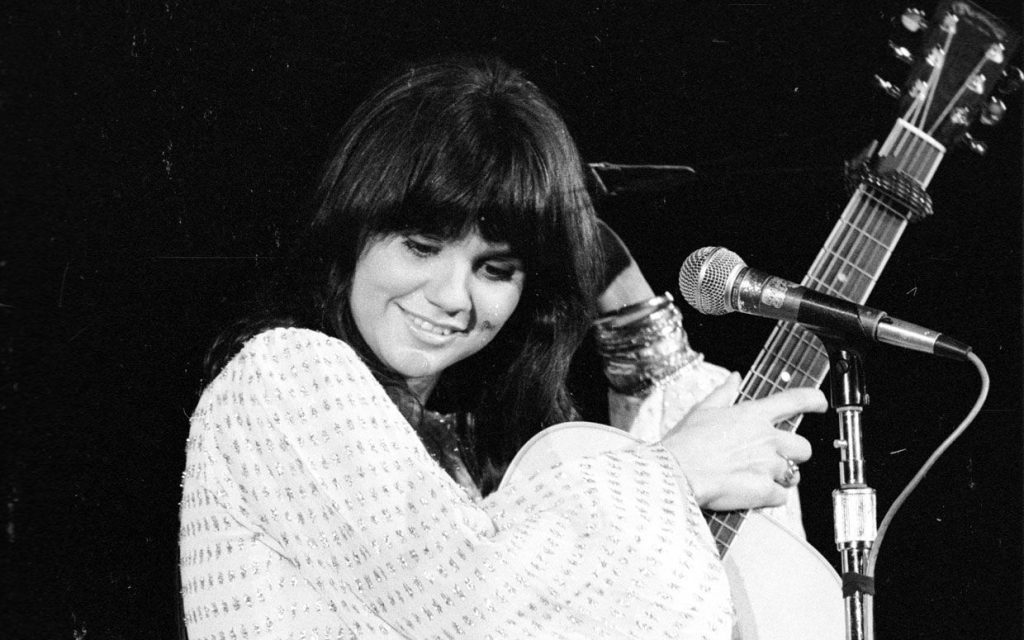
“No Good”: A Timeless Tale of Heartbreak and Regret
You’re No Good, a song that has resonated with listeners for generations, is a prime example of how a simple, yet powerful, melody can encapsulate complex emotions. Penned by the prolific songwriter Clint Ballard Jr., this tune has been interpreted and reinterpreted by countless artists, each bringing their unique perspective to its timeless lyrics.
First popularized by Dee Dee Warwick in 1963, You’re No Good quickly became a staple of the R&B and soul genres. The song’s straightforward yet emotionally charged lyrics, combined with its infectious rhythm, struck a chord with audiences who had experienced the pain of heartbreak. Warwick’s soulful delivery of the line, “You’re no good, you’re no good, you’re no good, baby, you’re no good,” became an instant classic and a rallying cry for those who had been wronged in love.
While Warwick’s version set the standard, it was Linda Ronstadt’s 1974 rendition that propelled You’re No Good to even greater heights. Ronstadt’s country-rock interpretation breathed new life into the song, showcasing its versatility and appeal to a wider audience. Her version topped the Billboard Hot 100 chart and solidified her status as one of the most popular female singers of her generation.
At the heart of You’re No Good is a tale of regret and self-reflection. The singer, having ended a relationship, expresses relief that she’s finally free from the pain and heartache caused by her former lover. However, the lyrics also reveal a deeper sense of guilt and remorse. In the second verse, she acknowledges that she has hurt someone who truly loved her. This internal conflict adds a layer of complexity to the song, making it more than just a simple breakup anthem.
The song’s enduring popularity can be attributed to its universal theme of heartbreak and the human tendency to make mistakes in love. While the lyrics may seem straightforward on the surface, they invite listeners to delve deeper into the complexities of relationships and the emotional toll that broken hearts can take. You’re No Good serves as a reminder that even the strongest among us are vulnerable to the pain of love lost.